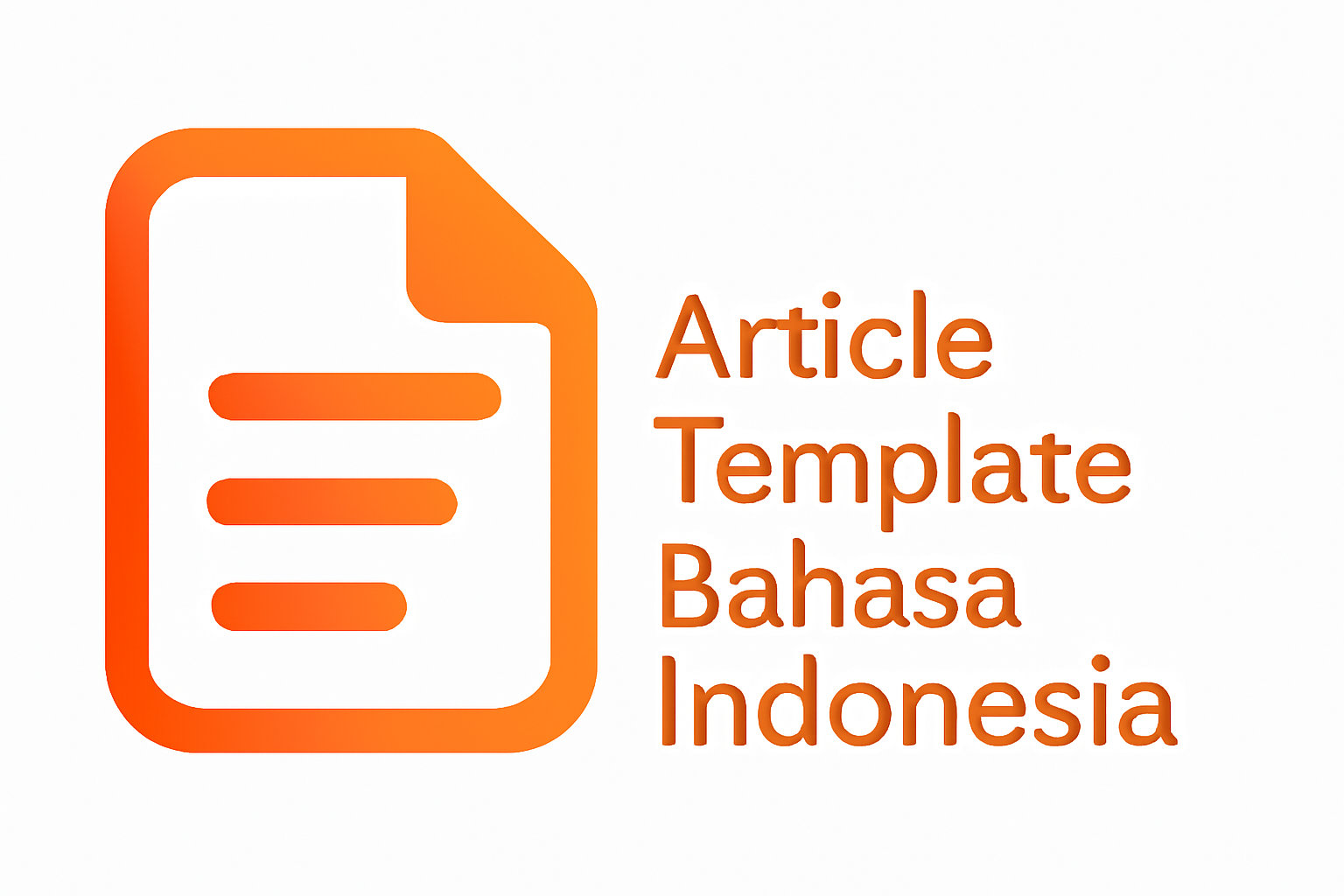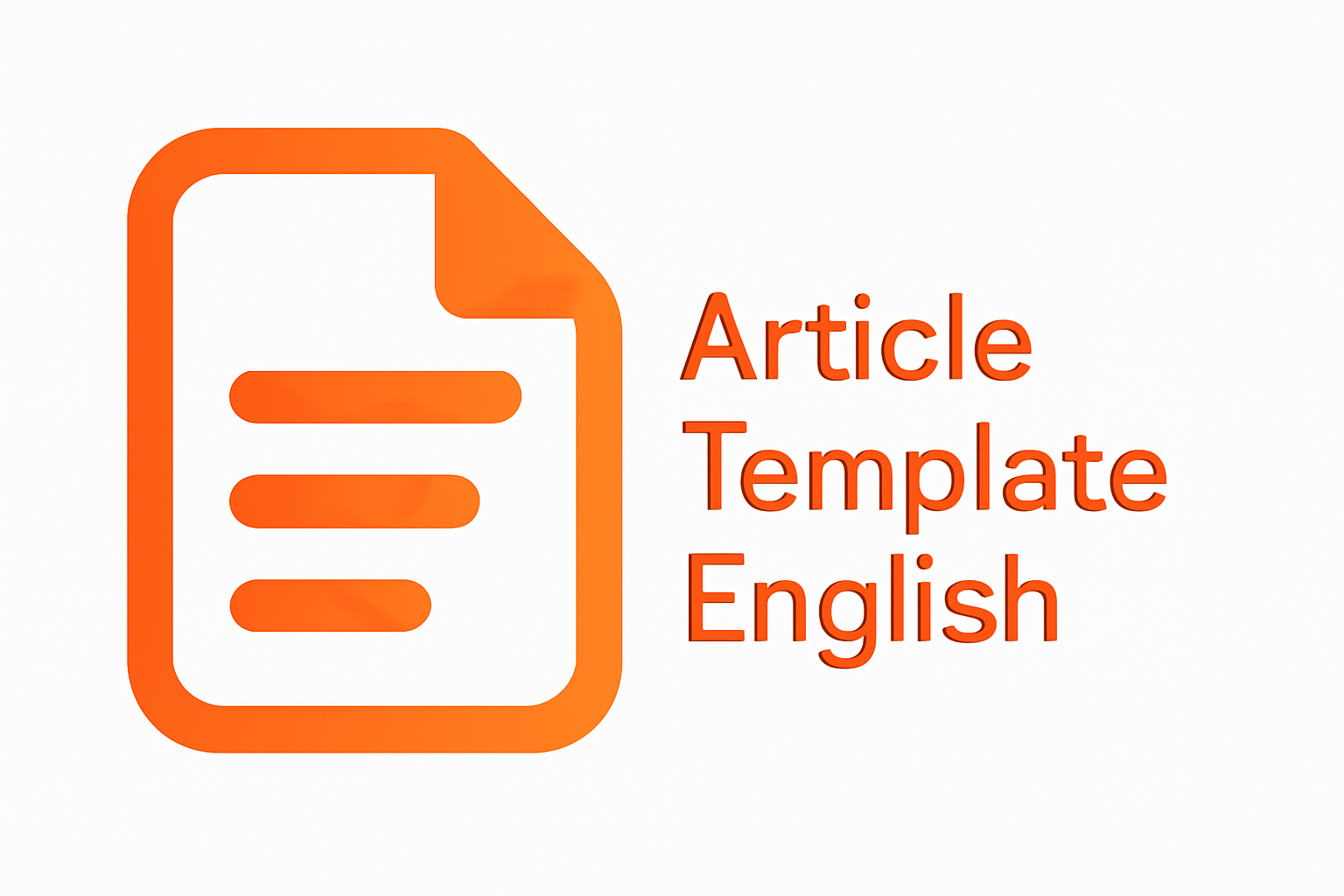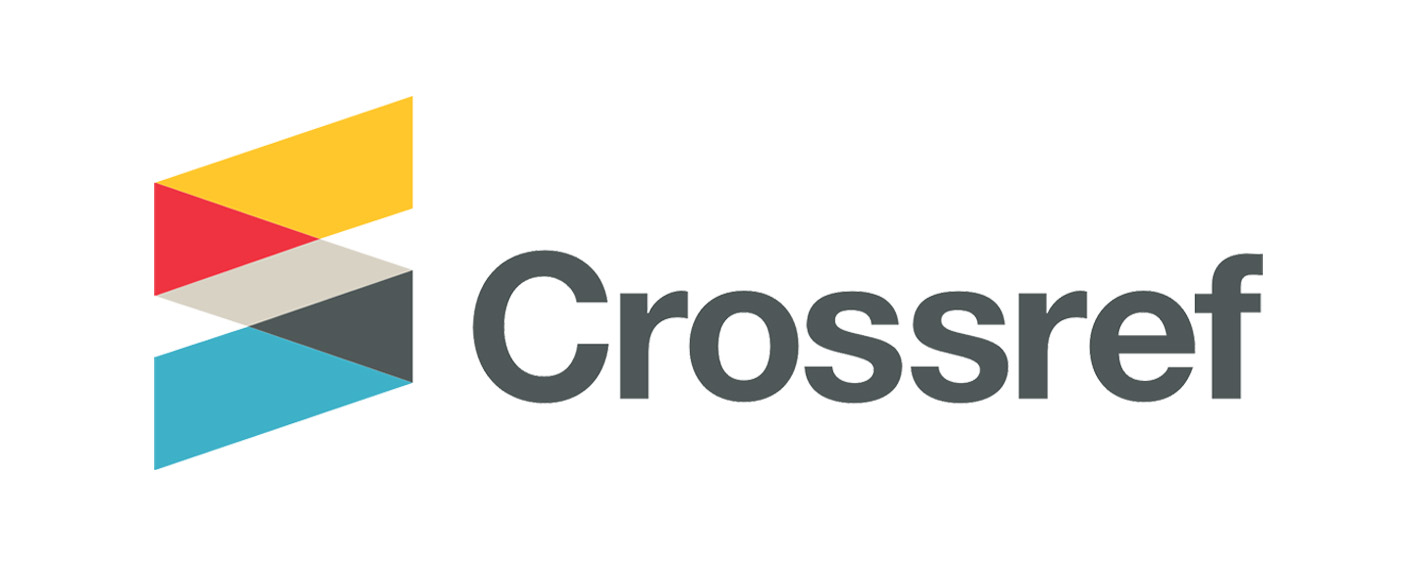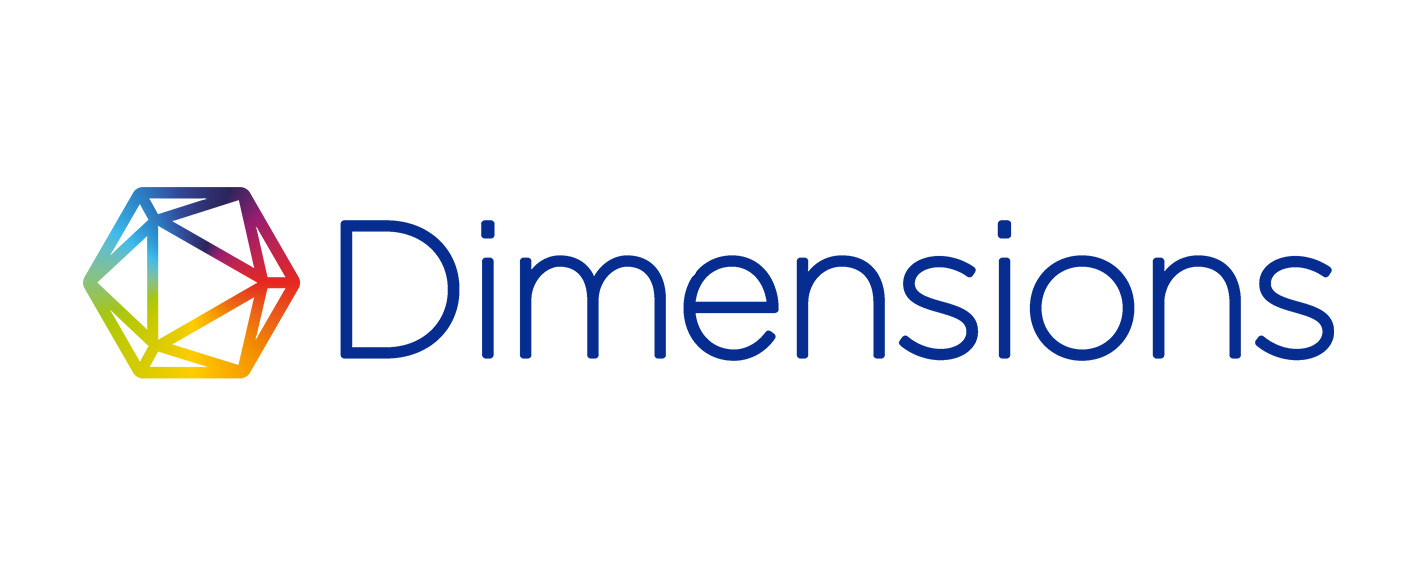Publication Ethics

Doh Gisin is committed to peer-review integrity. We want to check the originality of the material. Authors submitting to Doh Gisin should be aware that their manuscripts may be submitted to plagiarism detector/plagiarism screening during the peer-review or production processes. Also, authors are strongly advised to uphold their works' integrity about conflicts of interest, falsification and fabrication of data, plagiarism, unethical experimentation, inadequate subject consent, and authorship disputes.
The following publication ethics result from the Editorial Team's decision and are also based on COPE's Guidelines.
Ethical guidelines for authors
We expect authors to adhere to the following ethical guidelines:
- All authors must ensure that their articles are original works, which do not infringe on any other person or entity's intellectual property rights and cannot be construed as plagiarizing any other published work, including their own previously published works.
- All authors named in the article are equally held accountable for the content of a submitted manuscript or published article.
- The corresponding author must ensure all co-authors consent to publication and be named a co-author.
- All persons who have made significant scientific or literary contributions to the work reported should be named co-authors.
- Authors must not submit a manuscript to more than one journal simultaneously.
- Authors should not submit previously published works, nor works based in terms of substance on previously published works, either in part or as a whole.
- The authors must appropriately cite all relevant publications. Information obtained privately, as in conversation, correspondence, or discussion with third parties, can be used or reported in the author's work only when fully cited and with that third party's permission.
- Authors must avoid making defamatory statements in submitted articles that could be construed as impugning any person's reputation.
- Authors must declare any potential conflict of interest – be it professional or financial – which could arise concerning their articles.
Plagiarism
Doh Gisin considers plagiarism a serious offence and will blacklist authors who knowingly cite or use material from other published works without proper acknowledgement. Please read the provisions regarding plagiarism at https://e-journals2.unmul.ac.id/index.php/dohgisin/plagiarism
Conflict of interest
A conflict of interest can occur when an author or an author's employer or sponsor has a financial, commercial, legal, or professional relationship with other organizations or with the people working with them, influencing the author's research. Potential conflicts of interest about the submitted manuscript include but are not limited to consultancies, employment, grants, fees and honoraria, patents, royalties, stock, or share ownership. Full disclosure by the author is required at the point of submission, and the editor will use this information to inform editorial decisions. If necessary, authors could be asked to describe any potential conflicts of interest in a cover letter. A determination may be made by the editor or peer reviewers not to publish based on any declared conflict.
Ethical guidelines for peer reviewers
Peer reviewers are asked to make every reasonable effort to adhere to the following ethical guidelines for Doh Gisin articles they have agreed to review:
- Reviewers must give unbiased consideration to each manuscript submitted for publication and judge each on its merits, without regard to race, religion, nationality, sex, seniority, or institutional affiliation of the author(s).
- Reviewers must keep the peer review process confidential; information or correspondence about a manuscript should not be shared with anyone outside of the peer-review process.
- Reviewers should provide a constructive, comprehensive, evidenced, and appropriately substantial peer review report.
- Reviewers should make all reasonable efforts to promptly submit their report and recommendation, informing the editor if this is not possible.
- Reviewers should notify the editor of any significant similarity between the manuscript under consideration and any published papers or submitted manuscripts they are aware of.
Ethical guidelines for editors
All editors are asked to make every reasonable effort to adhere to the following ethical guidelines for Doh Gisin articles that seem worthy of peer review. Editors should give unbiased consideration to each manuscript submitted for publication and judge each on its merits, without regard to race, religion, nationality, sex, seniority, or institutional affiliation of the author(s). Editors must keep the peer review process confidential; information or correspondence about a manuscript should not be shared with anyone outside of the peer-review process. Editors may reject a submitted manuscript without formal peer review if they consider the manuscript inappropriate for the journal and outside its scope. Editors should make all reasonable efforts to process submitted manuscripts efficiently and timely. Suppose an editor is presented with convincing evidence that the primary substance or conclusions of an article published in Doh Gisin are erroneous. In that case, the editor should facilitate the publication of an appropriate erratum. Any data or analysis presented in a submitted manuscript should not be used in an editor's research except with the author's consent.














